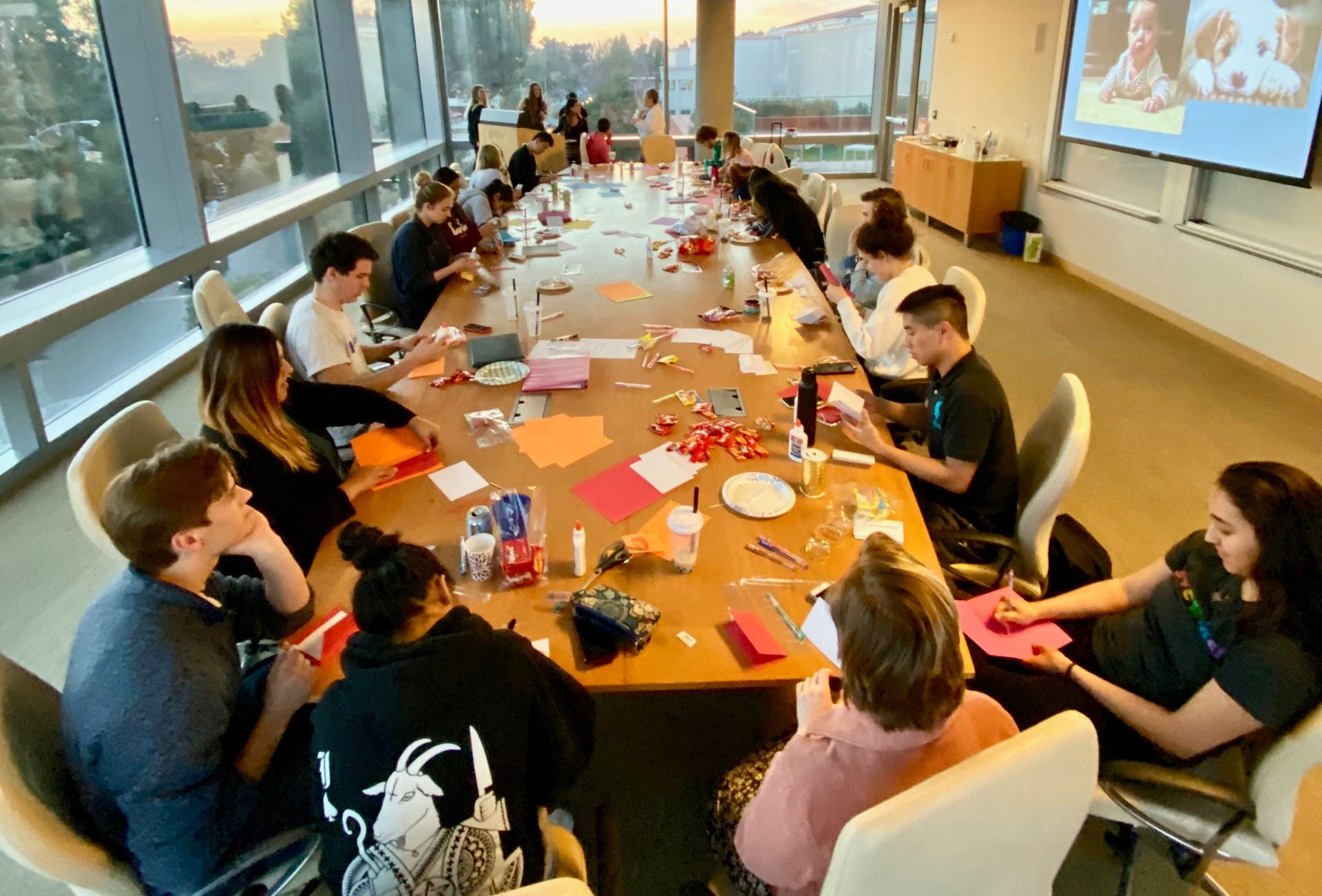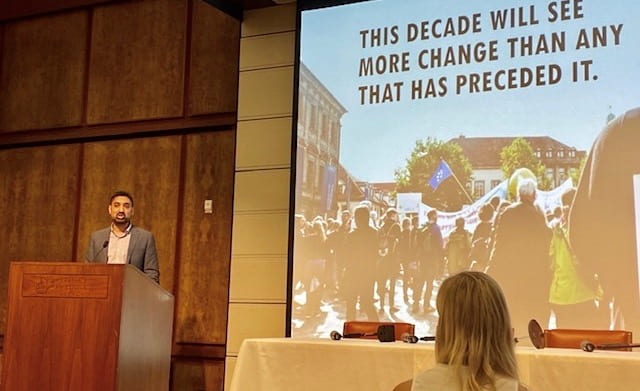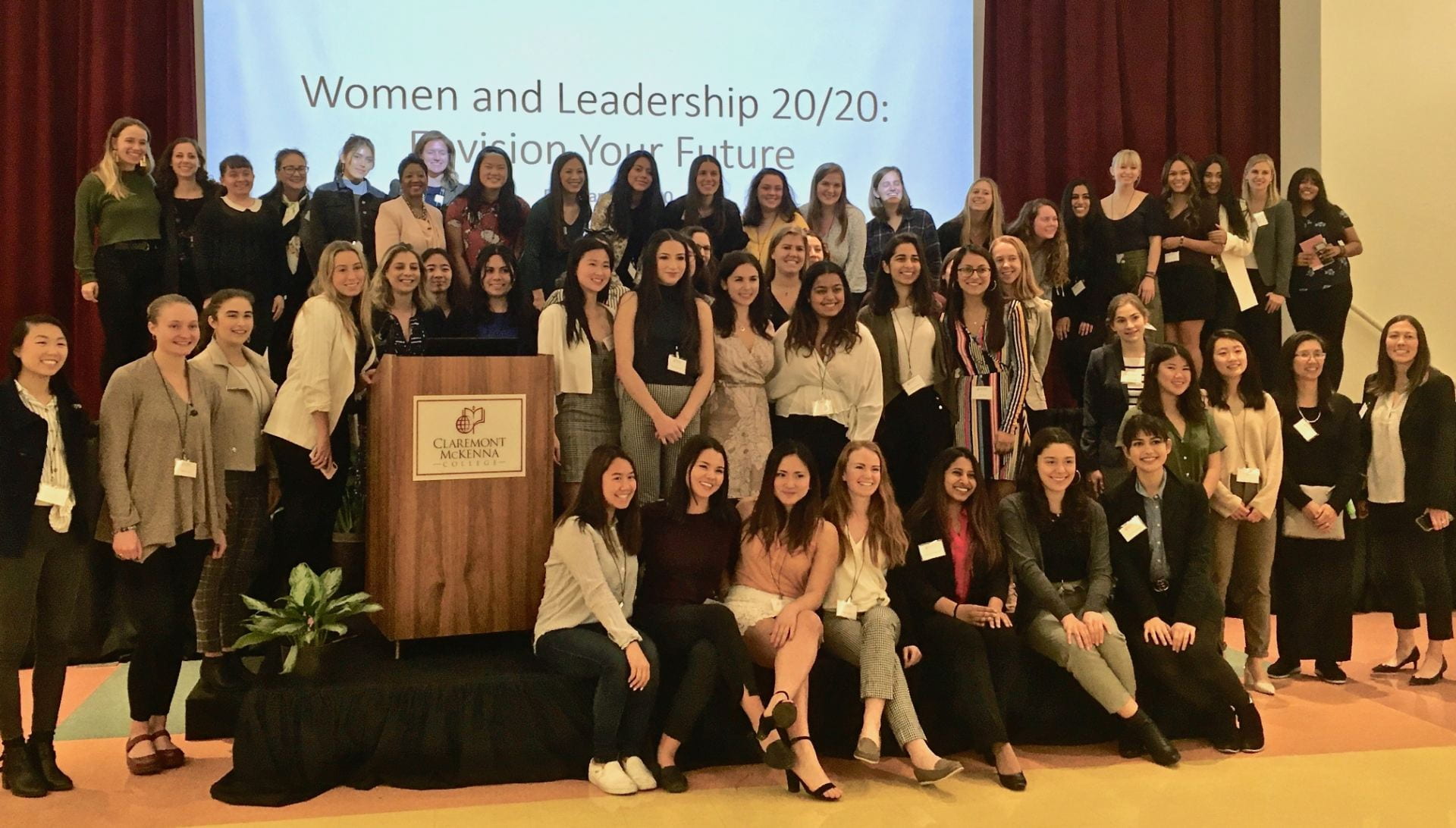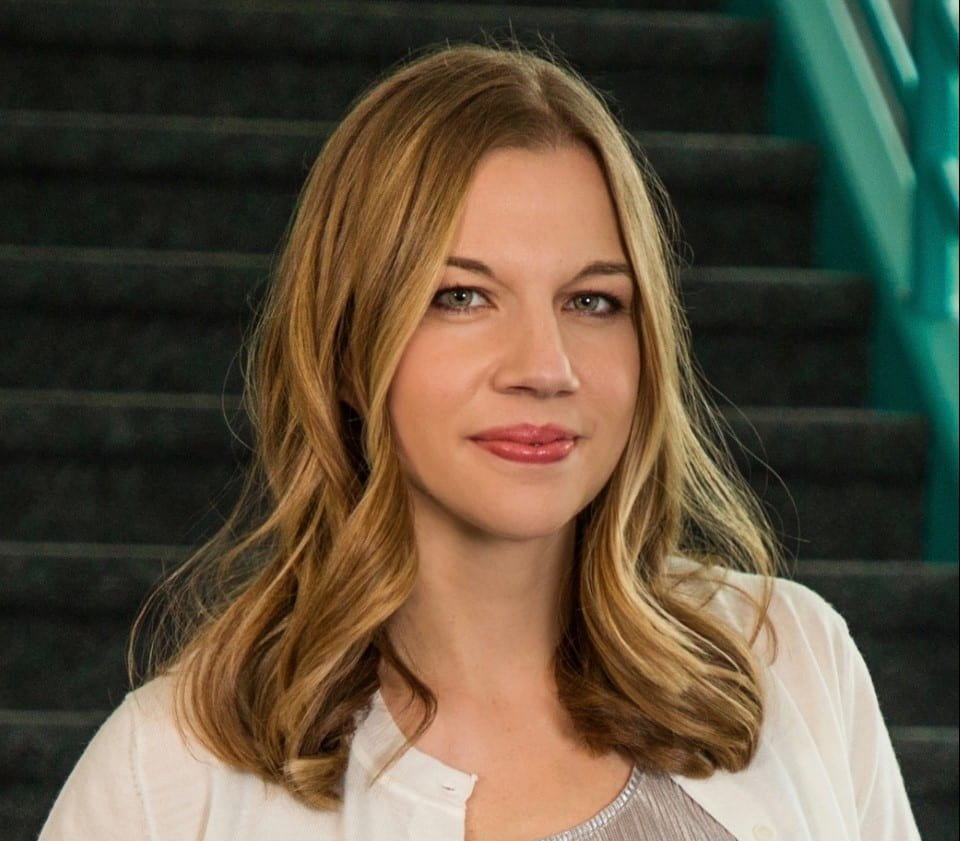5C students, staff, and parents attended a talk on the science of well-being on Feb 13th, Family Weekend. The talk was led by Berger Institute Director Dr. Stacey Doan. Attendees listened to Dr. Doan discuss the impacts of stress in modern life, as well as evidence-based methods for reducing stress and increasing positive emotions. Dr. Doan explained how our stress responses–fight, flight, or freeze–may have served us in the evolutionary past, but in today’s modern world, our bodies can’t tell the difference between a tiger and a test. “Your body will still react the same way – your muscles will tense, your system will be flooded with adrenaline, and your mind will still feel like you are under a threat, despite being safe in bed,” she stated. Chronic, repeated stress responses can cause internal wear and tear and lead to a host of health problems.
To provide a counter
against the negative effects of stress, Dr. Doan also described some actions we
can take to reduce our stress, or at least temper the potential for long-term
physical harm. She explained that exercise can help relieve stress by releasing
the physical tension that gets stored in the body as it prepares to fight or
flee. Mindfulness exercises, such as yoga or breathing, can help train the mind
to focus on the present moment and let go of distractions or stressful
thoughts. Even displaying kindness, a way to bring about positive emotion in
yourself and others, can undo some of the physical effects of negative
emotions.





